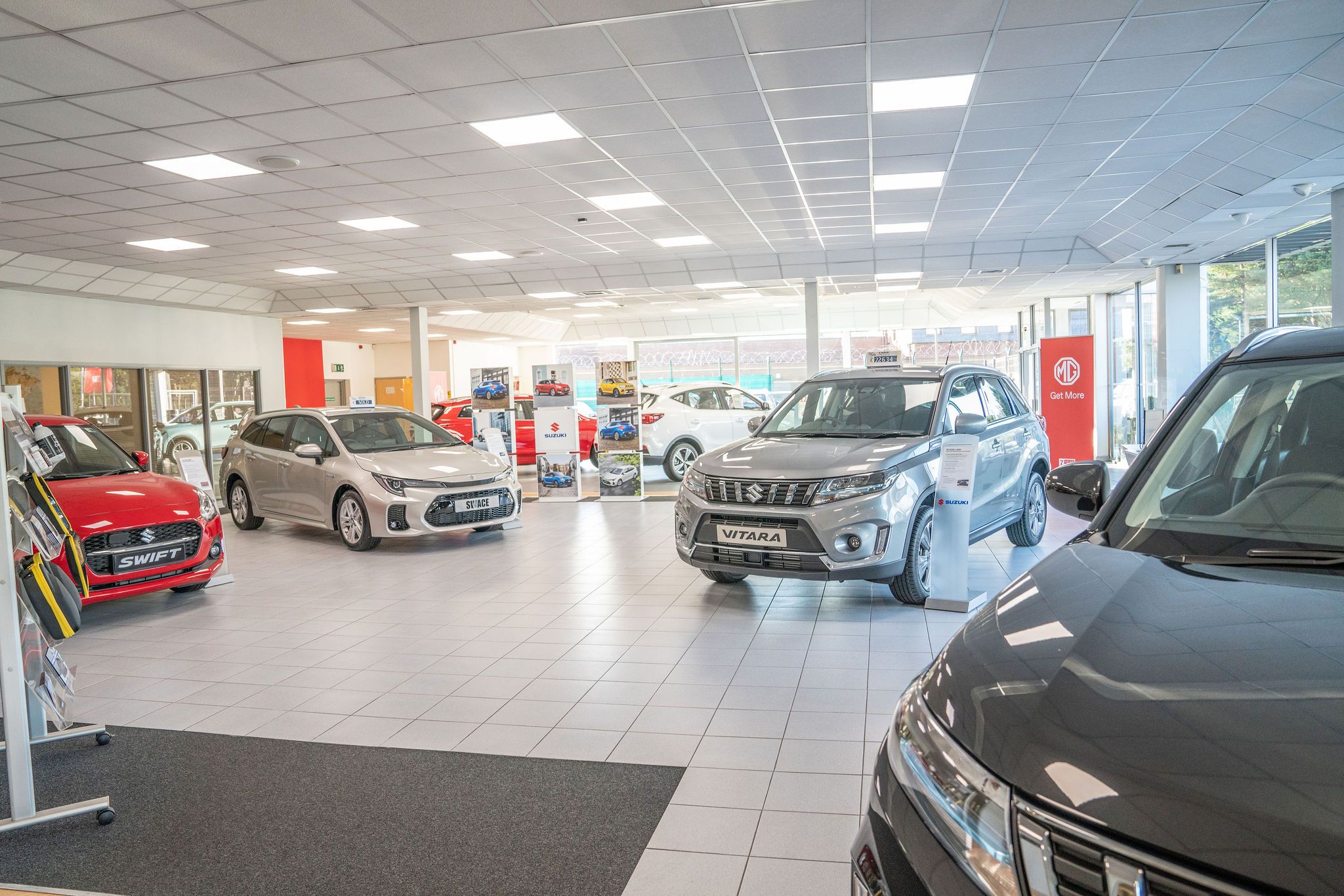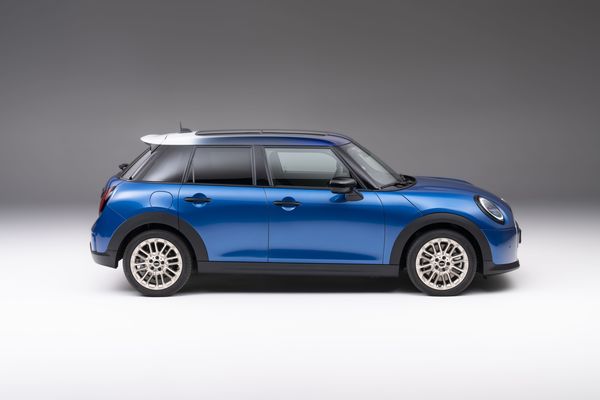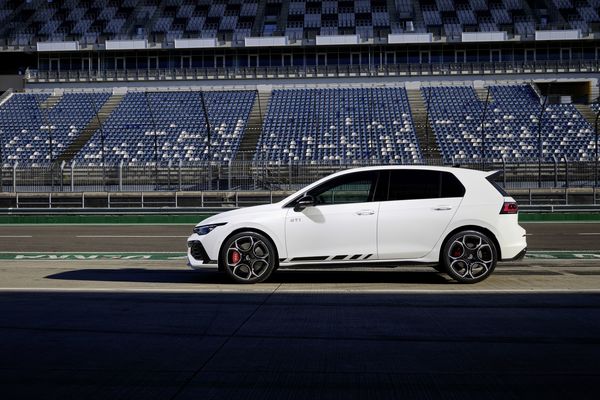ACCORDING to the latest consumer research from Auto Trader, the traditional ‘tyre kicker’ may soon be a thing of the past as most of today’s car buyers are arriving at forecourts ready to purchase. So, is the way we buy cars changing forever as a new way of purchasing becomes ever more popular with the buying public?
Instead of visiting many showrooms, test driving vehicles, picking a car then haggling with the sales team, customers are increasingly trying something new. They search online for a car they want, pick two or three to look at, and only visit showrooms when they find a car or cars that meet their requirements. The car industry had just embraced the internet when the Coronavirus pandemic hit and so the internet then became a driving force behind a trend that accelerated the on-line phenomenon and is now rapidly changing the car industry for good.
Most buyers say they want to visit a showroom in person to check the options on offer by inspecting and then driving before considering commitment, but this new hybrid model of buying has become increasingly popular and was indeed how I bought my last car. I knew what make and model I wanted, so I searched online for examples that fitted my budget and requirements. Once I found a car I liked, I visited the showroom, checked the car, took it for a test drive and opened negotiations on price. The negotiations took a couple of days on and off by phone before I got it at the price I wanted. This process worked for me.
The National Franchised Dealers' Association recently said that dealerships are here to stay, and I agree, they are an integral and important part of buying a car, both new and used. A greater worry for independent dealerships, however, is pressure from manufacturers do away with franchises, opting instead to own and operate showrooms themselves. Two manufacturers operating directly owned showrooms are Audi and DS, and there are others, including VW and Mercedes, who are rumoured to be thinking of following suit. This would almost certainly mean less room to haggle on price and less competition between showrooms selling the same brand. So, haggle while you can, it may not be an option for an awful lot longer.
SsangYong makes it a super six
SsangYong: perhaps not the first name to spring to mind if you are looking for a luxury 4X4 SUV. But the Korean manufacturer’s Rexton SUV has been named 'Best Value Off-Roader' for an unprecedented sixth year running. For more than 26 years, 4x4 magazine's 4x4 of the Year awards have been the definitive barometer of the off-road market. The 4x4 magazine has continued to delve into the modern era of SUVs and crossovers, growing with the market to represent a major ongoing assessment by some of the most experienced 4x4 specialists around.
Kevin Griffin, managing director of SsangYong UK, said: “Winning one ‘Best Value’ award would be quite an achievement, but six times in a row is testament to how fantastic the Rexton is and to say we are delighted is an understatement. The brand has always represented value, which is expressed as low price with high levels of equipment and great build-quality. It’s amazing once again to win such an accolade.”
Alan Kidd, editor of 4x4 magazine, said: “Value for money has been a bit of a theme this year. And though it has played a pivotal role in deciding several classes, the destination of the Best Value award itself remains unchanged. SsangYong recently updated the Rexton by adding a new Ultimate Plus model, giving it more kit and deeper-seated luxury than ever. Its prices are keener than ever too, none of which would matter if it wasn’t also an excellent all-round vehicle that’s both classy and practical. That’s why it’s our value champion yet again.”
The Rexton is an authentic 4x4, it’s powered by a 2.2 litre turbo Euro 6 diesel engine delivering 202bhp with an 8-speed automatic transmission and features a 3.5 tonne towing capacity which is a benchmark for those who tow large caravans or trailers. Stylish inside and out, the new car has gracious looks, is extremely safe and comes equipped with a comprehensive suite of electronic safety aids. Priced from £36,595, it’s a lot of car for what is not a lot of money when you think that a similar Mercedes, the GLS SUV is around £85,595.
Shake-up of used car market is under way
Several manufacturers, including Toyota and Renault, have announced they are to commence a remanufacturing process of used cars. Toyota say they believe that they needed to modify the way they looked at the life cycle of their cars, and hence will begin comprehensively refreshing ex-customer cars with a view to extending their life as well as adding value.
The process will involve used vehicles being taken back to the factory for retrofitting with new components and or upgraded parts. The manufacturers believe that this process will help them meet their environmental targets, whilst at the same time offering buyers more choice. The typical two- to three-year life cycle that exists between new car owners and manufacturers could be extended this way to as much as 10 years.
In a move to get closer to their customers, Toyota said the plan is to take vehicles back to the factory at two to three years old and refurbish them “to the best standard,” ensuring the second and perhaps even third user has as good a vehicle as possible. To complete the life cycle, Toyota has said that it will then focus its efforts on recycling the vehicles at the end of use as efficiently as possible, avoiding waste and further reducing the environmental impact of new vehicle production.
Recent research conducted by What Car? showed that only 16.6 per cent of those asked had heard of manufacturer refurbished programmes or knew what they were. Once explained, more than half said they’d prefer refurbished to approved used, while nearly two-thirds said they’d be prepared to pay the same or more for a refurbished model versus approved used. Steve Huntingford from What Car? said: ‘Manufacturer refurbished programmes are a new concept in the industry, but something we’re likely to see a lot more of in the coming years as sustainability and recycling become increasingly important agendas for buyers and brands.
"The concept offers a lot of benefits, as buyers would know they’ll be getting a factory-standard vehicle for less than the price of a new model, and initial research shows there’s plenty of appetite for it in the industry. The first challenge, however, is to increase awareness, as only a minority are aware of the practice."
Perhaps you’ve just heard of remanufactured for the first time in this column.








